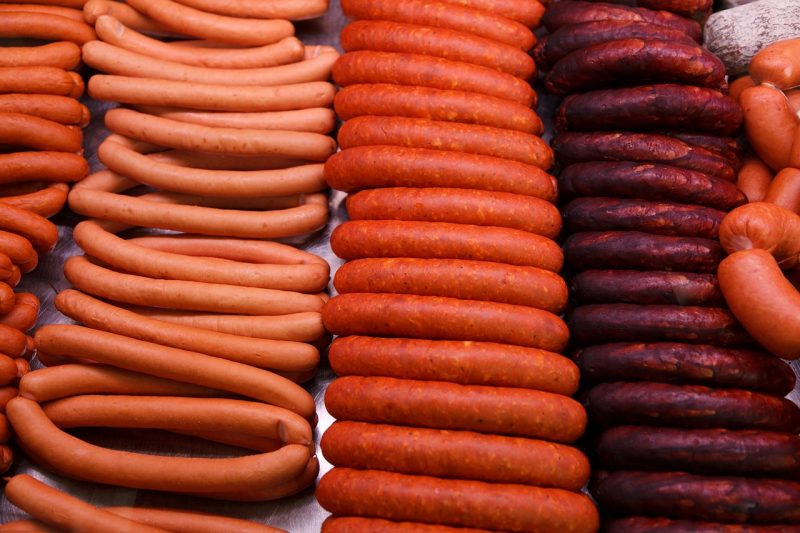A meaty debate

Consumption of red/processed meat has long been associated with cancer, with numerous studies concluding that eating such meats has a ‘probable’, ‘feasible’, ‘plausible’ or ‘likely’ increase in the risk of developing colorectal cancer, for instance.
This week, the World Health Organization (WHO) went one step further and declared that consumption of processed meat does cause colorectal cancer, and red meat probably causes colorectal cancer, pancreatic cancer and prostate cancer too.
The findings are the work of the cancer agency of WHO, the International Agency for Research on Cancer (IARC). The group reviewed more than 800 studies that investigated associations of various types of cancer with the consumption of red or processed meat in several countries.
Dr Betsy Booren, vice president of scientific affairs at the North American Meat Institute, however, has criticised the outcome, saying the “weak, inconsistent” data was “tortured”.
Dr Booren comments, “It was clear sitting in the IARC meeting that many of the panellists were aiming for a specific result despite old, weak, inconsistent, self reported intake data. They tortured the data to ensure a specific outcome.”
The news has of course hit headlines, with reader comments ranging from vows to go vegan to pleas to ignore such ‘alarmist’ reports. After all, processed and red meats now join a list of more than 900 substances – including coffee, paint and talcum powder – reviewed by IARC and found to be capable of causing cancer.
Not only is average consumption in the UK well below the 50g risk mark set out in the IARC report (at 17g), but there are also many recognised nutritional benefits of consuming meat.
As Jim McLaren, chairman of Quality Meat Scotland, comments, “Avoiding red meat could in fact be detrimental to health – for example around 40% of women and teenage girls have iron intakes which are too low. Red meat is a natural source of protein, iron, zinc and B vitamins and we should continue to enjoy it in the knowledge that it plays a vital role in our diets.”
Hopefully those that enjoy a healthy consumption of processed and red meats are not put off by the news. According to the report, cancer risk increases with the amount consumed, so common sense would suggest to decrease any over consumption, rather than to eliminate it altogether.
Dr Booren takes a firmer line with the worried well: “Red and processed meat are among 940 agents reviewed by IARC and found to pose some level of theoretical ‘hazard.’ Only one substance, a chemical in yoga pants, has been declared by IARC not to cause cancer.
“IARC says you can enjoy your yoga class, but don’t breathe air (Class I carcinogen), sit near a sun-filled window (Class I), apply aloe vera (Class 2B) if you get a sunburn, drink wine or coffee (Class I and Class 2B), or eat grilled food (Class 2A). And if you are a hairdresser or do shiftwork (both Class 2A), you should seek a new career.”



